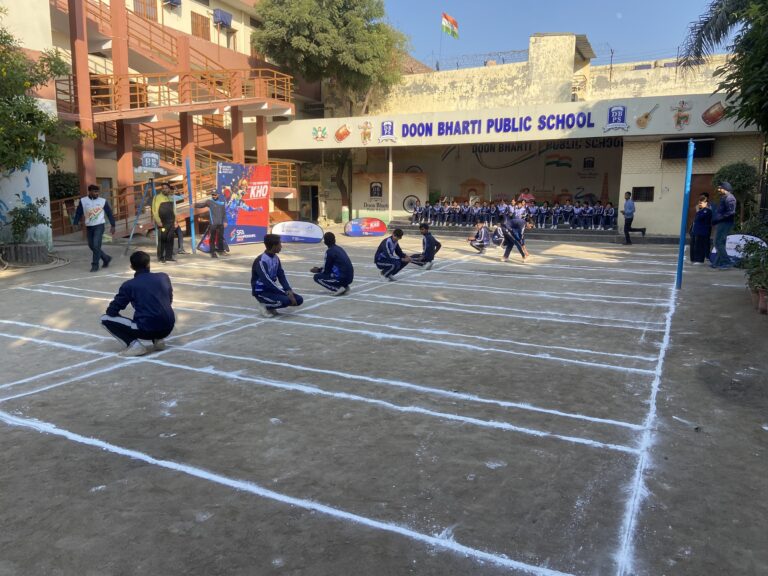Guwahati: From improving coordination between different government agencies to enhancing vigils across the coast line and destroying illicit cultivation of poppy and cannabis, measures initiated by the Home Minister Amit Shah are set to make Prime Minister Narendra Modi’s “drug-free India” dream a reality well within the “Amrit Kaal” deadline.
Among the prominent measures that include strengthening the institutional framework, ensuring co-ordination with NARCO agencies and launching a massive awareness campaign to sensitise common people are already yielding results. The value of overall seized drugs rising to Rs 22,000 crore during the 2014-2022 period, more than 30 times the value reported during the last eight years (2006-2013) of the UPA regime.
According to official data, during the 2014-2022 period, a total of 3,544 cases have been registered against those involved in the drug business, nearly double the number reported during the 2006-2013 period. Also, the number of persons arrested trebled compared with the eight years of the UPA regime beginning in 2006. At 3.73 lakh kg, the quantity of drugs seized more than doubled.
Shah believes that drug abuse, if not eliminated, would make country’s youth an unproductive burden on society. There are enough evidences to show that drug money finds its way to terror funding.
Shah launched a special drive to prevent the smuggling of the drug through the sea route is yielding tremendous results with It is estimated that 60-70% of narcotics drugs smuggled into India find their way mainly through the sea route.
Following Shah’s direction, the Home Ministry has made it mandatory to scan all suspected containers and directed the ministry of shipping to take necessary steps to ensure that there was never a let-up. The management of container scanners and related equipment has also been reminded of the ministry’s zero-tolerance approach to this issue.
At the same time, Shah has also ensured that all suspicious financial documents are analyzed individually and investigations are done and assets created out of drug money are seized. In 2022, the Narcotics Control Bureau (NCB) conducted a financial investigation in 27 such cases in which property worth Rs 16 crore was frozen.
An inter-ministerial committee has also been constituted to study the best practices being followed by other countries on the issue of transnational drug trafficking through the maritime route.
With the aim of controlling the international drug mafia, Shah has ensured coordination with international agencies such as Drug Enforcement Administration (DEA), Australian Federal Police (AFP), and Royal Canadian Mountain Police (RCMP) among others. While such co-ordinations are yielding results, bilateral agreements have been signed with 44 countries.
Aimed at preventing domestic cultivation of illegal drugs, the NCB has destructed nearly 36,000 acres of poppy cultivation and 82,769 acres of cannabis cultivation in the last three years. Drones are being used to map and destroy illicit crops under cultivation in remote hilly areas. (ends)















